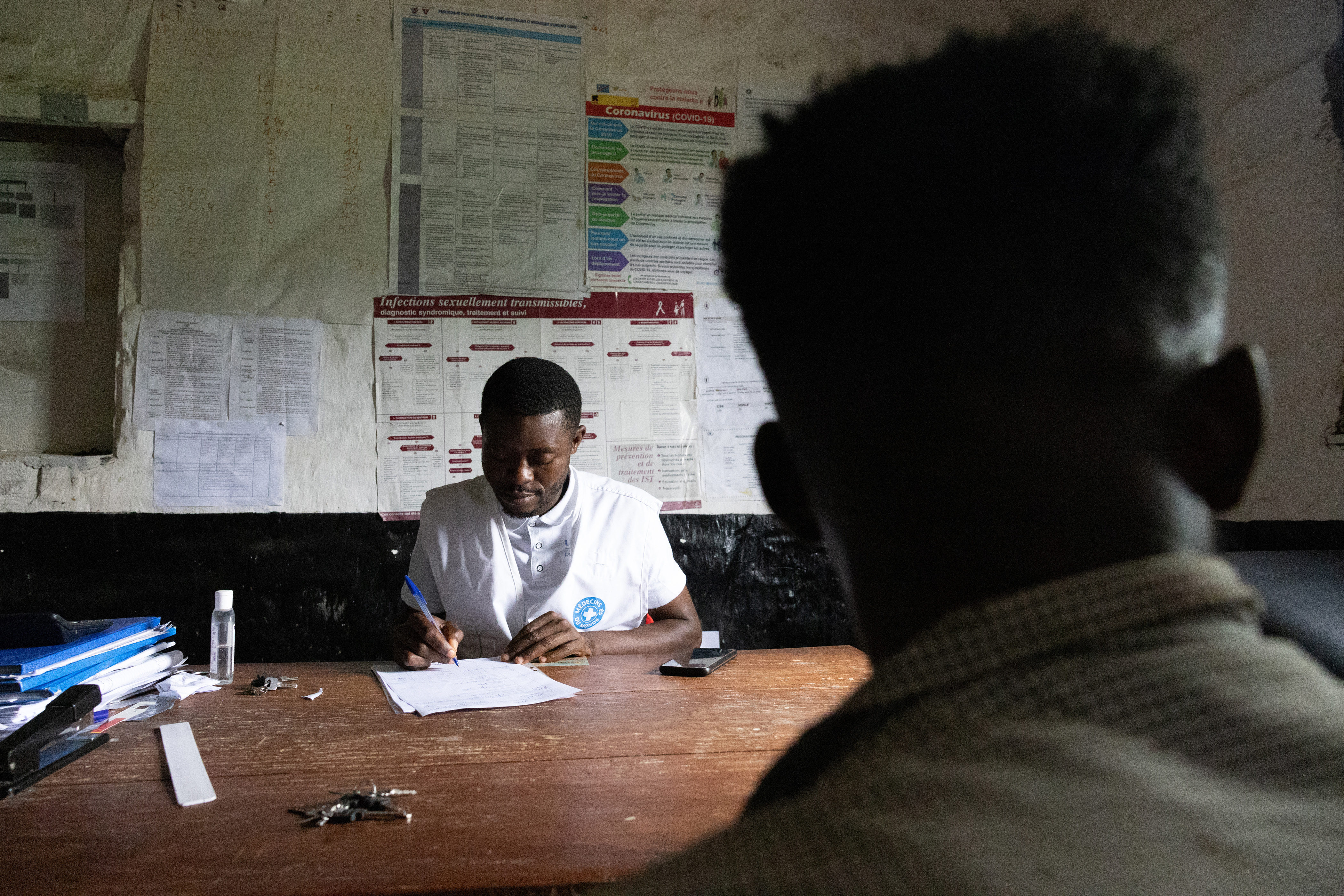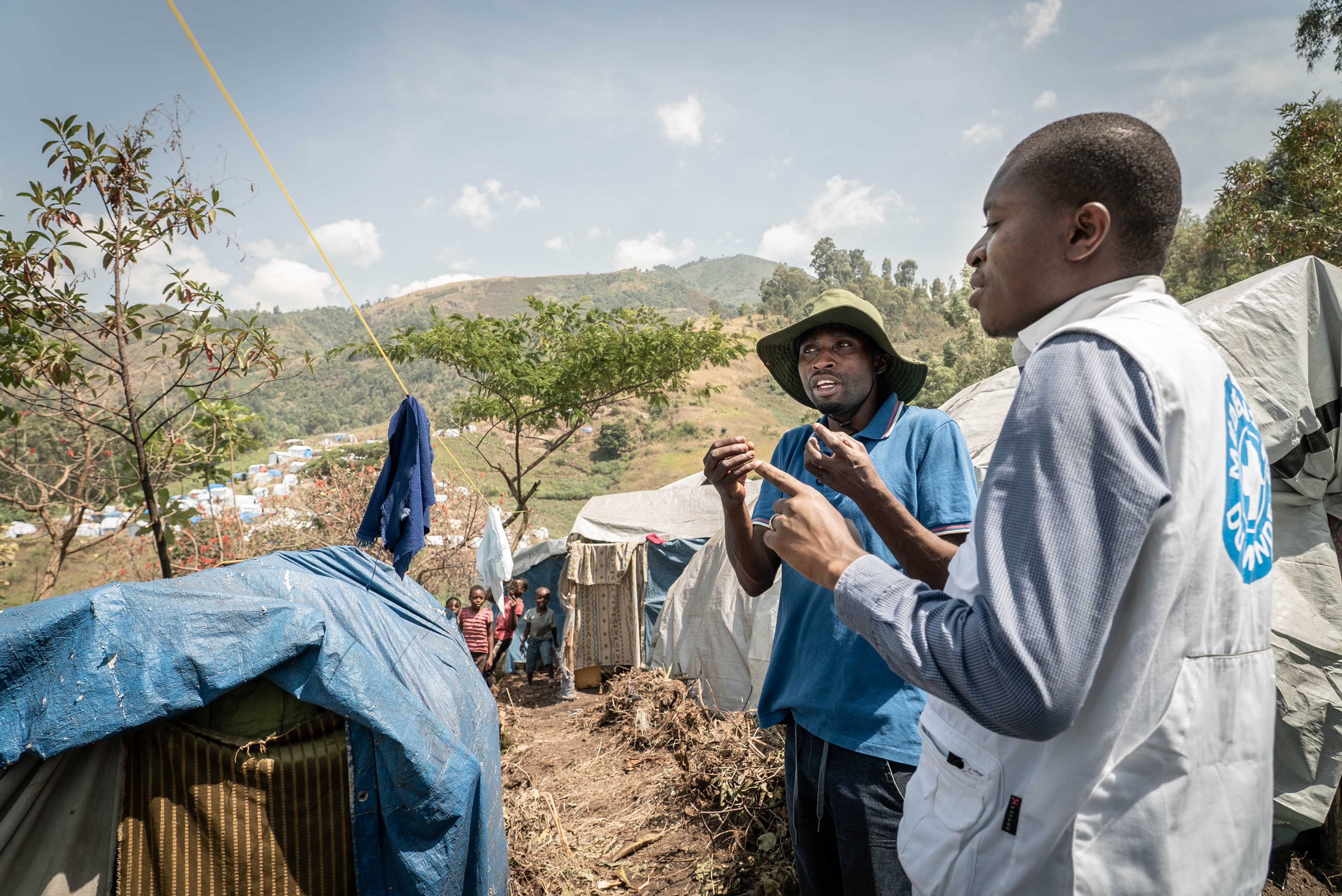The Médecins du Monde International Network Takes Action Against the Virus’ Resurgence
Since September 2023, the Democratic Republic of Congo has been at the epicenter of an Mpox outbreak, which the WHO declared a ‘public health emergency of international concern’ on August 14. The Médecins du Monde International Network, having been alerted to the situation, was already in the area and promptly began their response efforts. Our urgent priorities include a comprehensive strategy that combines both curative and preventive measures.
South Kivu has faced a severe Mpox epidemic, with 3,684 confirmed cases according to regional health authorities. The Médecins du Monde International Network’s rapid response mission have trained and supported 20 healthcare workers, 65 community workers, and over 350 sex workers. This intervention has enabled to raise awareness among 70,000 people and strengthened the surveillance and the medical response to the epidemic.
‘We are very concerned today because the Mpox virus affects the most vulnerable people first. To save lives, we must act now by vaccinating the population and supporting healthcare systems. Our teams will intervene in 7 key health zones where 86% of cases are concentrated. We will focus on training healthcare workers, enhancing infection prevention and control, supporting psychosocial care and boosting community awareness and surveillance’, affirms Mamadou Kaba Barry, General Coordinator of Médecins du Monde in the DRC.
The Médecins du Monde International Network is already present in six of the seven proposed health zones and collaborates with the local Central Office of the Health Zone. The organization will target the ones where local authorities have already established Mpox treatment centers and will support this existing setup. There, the Médecins du Monde International Network will be working with people infected by the virus and communities most at risk from Mpox.
In addition to the DRC, the Médecins du Monde International Network is also active in neighboring countries, where the epidemic is undergoing the same change in scale: in Cameroon, Burkina Faso, Nigeria and CAR, for example, it is in contact with the Ministries of Health and is already conducting awareness-raising actions. However, the emergence of new clades, coupled with the uncertain availability and high cost of the vaccine, make Mpox a real challenge for already weakened health systems.
On the African continent, taking all strains together, the CDC Africa (African Centre for Disease Control and Prevention) has noted a 160% increase in Mpox cases by the end of July compared to 2023, i.e. almost 19,000 cases and almost seven hundred deaths in thirteen African countries. There is an urgent need for action.

